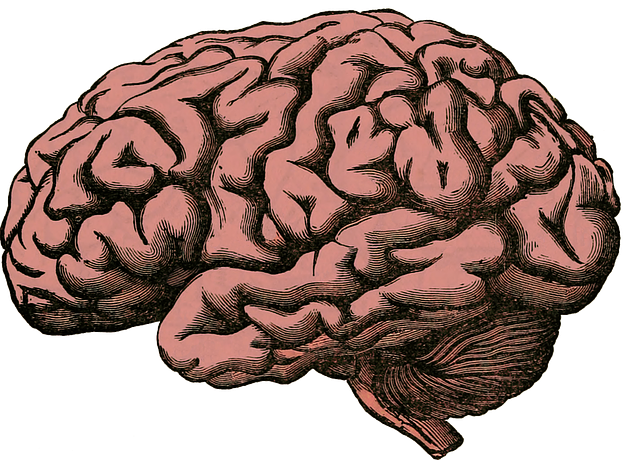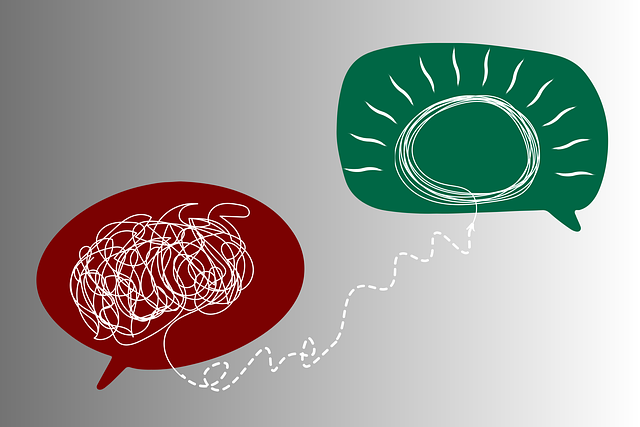Cultural sensitivity is vital in mental healthcare, especially for diverse populations like those with autism spectrum disorder (ASD) in Westminster. Therapists must understand and respect cultural beliefs, values, and traditions to build trust and facilitate open communication. This involves incorporating compassion cultivation practices into ASD therapy, adapting approaches based on cultural nuances, and advocating for accessible, culturally competent services through policy analysis. By prioritizing cultural awareness, Westminster ASD therapy services create inclusive environments that cater to unique client needs, fostering overall mental wellness while addressing the complexities of ASD and cultural differences.
“Cultural sensitivity is a cornerstone of effective mental healthcare, especially in treating conditions like autism spectrum disorder (ASD). This article explores the intricate relationship between cultural background and ASD therapy, highlighting the importance of cultural competence. We delve into best practices at Westminster Autism Spectrum Disorder Therapy, offering insights on creating inclusive environments. By navigating cultural challenges, mental health professionals can provide more personalized and accessible care to a diverse range of patients, ensuring optimal outcomes.”
- Understanding Cultural Sensitivity in Mental Healthcare
- The Impact of Cultural Background on Autism Spectrum Disorder (ASD) Therapy
- Best Practices for Culturally Competent Care at Westminster ASD Therapy
- Navigating Challenges and Fostering Inclusive Treatment Environments
Understanding Cultural Sensitivity in Mental Healthcare

Cultural sensitivity is a cornerstone in mental healthcare, especially when addressing diverse populations like those with autism spectrum disorder (ASD) in settings like Westminster. It involves recognizing and respecting the unique cultural beliefs, values, and traditions of individuals seeking therapy. Mental health professionals must understand that cultural context plays a significant role in one’s mental well-being and the effectiveness of treatment. By embracing cultural sensitivity, therapists create an inclusive environment, fostering trust and encouraging open communication with clients from various backgrounds.
Incorporating compassion cultivation practices can significantly enhance cultural sensitivity in therapy. This involves training professionals to cultivate self-awareness, empathy, and compassionate responses towards their clients’ experiences, especially when navigating complex cultural dynamics. Such approaches are vital in the context of ASD therapy, where understanding cultural nuances might impact diagnosis, treatment preferences, and outcomes. Moreover, mental health policy analysis and advocacy can play a crucial role in ensuring that services are accessible and culturally competent, addressing any barriers to care for underserved communities.
The Impact of Cultural Background on Autism Spectrum Disorder (ASD) Therapy

Understanding the impact of cultural background on Autism Spectrum Disorder (ASD) therapy is essential in Westminster autism spectrum disorder therapy practices. Each individual’s experience of ASD is shaped by their unique cultural context, which can significantly influence their responses to treatment and support systems. For instance, cultural beliefs around mental health, family dynamics, and communication styles may vary widely among different communities, affecting the way clients present their symptoms and engage with therapeutic interventions.
This cultural sensitivity requires that therapists be aware of these nuances and adapt their approaches accordingly. Crisis intervention guidance, mental wellness journaling exercise guidance, and stress management workshops organization can all incorporate culturally responsive practices to ensure inclusivity and effectiveness in treating ASD. By recognizing and embracing this diversity, Westminster autism spectrum disorder therapy services can better serve their clients, fostering a supportive environment that respects and values each individual’s cultural identity.
Best Practices for Culturally Competent Care at Westminster ASD Therapy

Westminster ASD Therapy has pioneered best practices for culturally competent care, recognizing the vital role it plays in enhancing treatment outcomes for clients on the Autism Spectrum. The therapy center prioritizes understanding and respecting diverse cultural backgrounds, beliefs, and communication styles to foster a safe and inclusive environment. This approach is particularly significant for individuals with ASD who may face unique challenges related to their cultural identities.
Guided by the principles of mental wellness journaling exercises and incorporating insights from a mental health policy analysis and advocacy, Westminster ASD Therapy ensures that every client receives personalized support. Therapists are trained in cultural sensitivity, enabling them to adapt their strategies for effective communication and treatment. Additionally, they encourage clients to integrate self-care practices into their routines, promoting overall mental wellness while navigating the complexities of autism and cultural differences.
Navigating Challenges and Fostering Inclusive Treatment Environments

Navigating challenges related to cultural sensitivity in mental healthcare is an essential step towards fostering inclusive treatment environments, especially when addressing complex conditions like Westminster Autism Spectrum Disorder (ASD) Therapy. Cultural barriers can significantly impact a patient’s journey towards mental wellness. For instance, language differences and diverse belief systems may hinder effective communication and therapy sessions. Mental health professionals must be adept at tailoring their approaches to respect and incorporate clients’ cultural backgrounds, ensuring sessions are accessible and beneficial.
This involves ongoing training in cultural competence, including learning about different communities’ unique strengths, challenges, and therapeutic needs. Through such initiatives, mental wellness coaching programs and development can thrive, enabling coaches to guide individuals through self-awareness exercises that consider their cultural context. Additionally, the production of mental wellness podcast series can reach diverse audiences, sharing inclusive practices and personal stories, further enhancing understanding and access to support for all.
Cultural sensitivity is a cornerstone of effective mental healthcare, especially in treating conditions like autism spectrum disorder (ASD). As highlighted in this article, understanding and respecting diverse cultural backgrounds significantly impacts therapy outcomes. Best practices, as demonstrated by Westminster Autism Spectrum Disorder Therapy, emphasize the importance of culturally competent care. By navigating challenges and fostering inclusive environments, healthcare providers can ensure that every individual receives personalized support, ultimately enhancing the accessibility and quality of mental health services for all.














